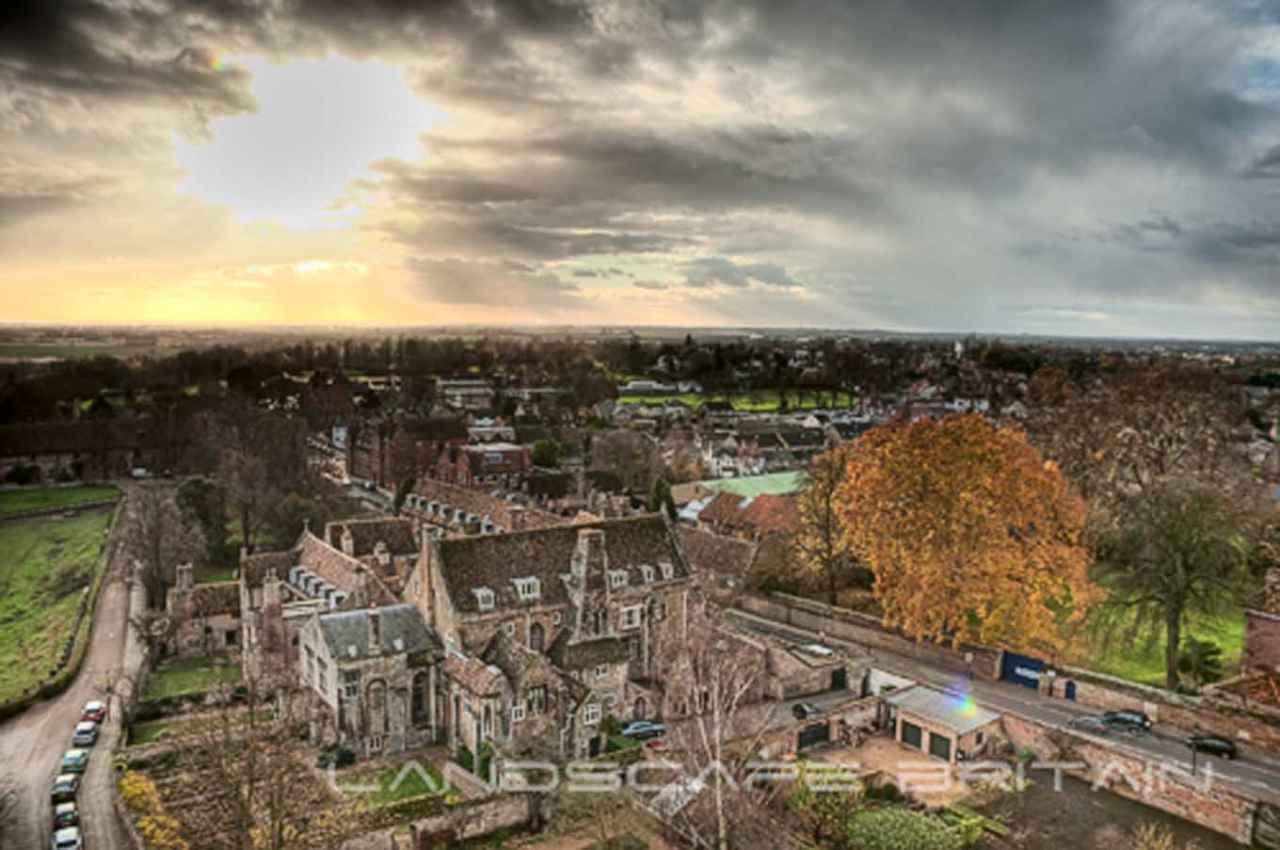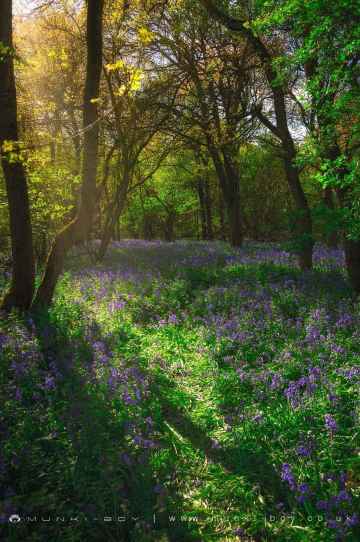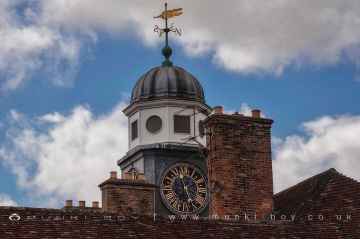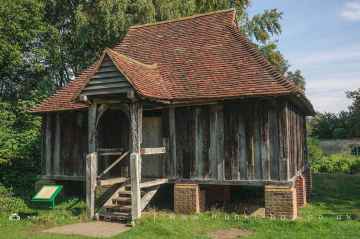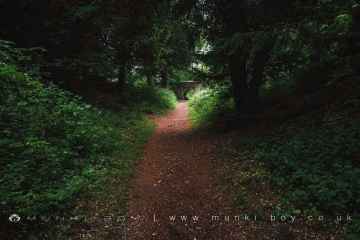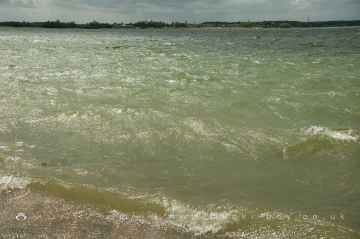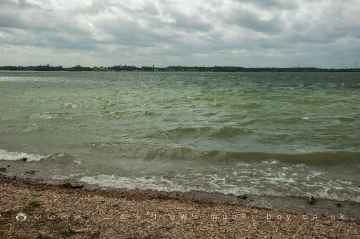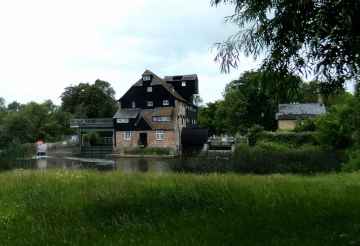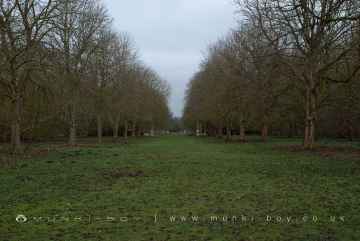Ely is a City in the county of Cambridgeshire.
The name Ely is believed to come from the situation of the city on a small hill in the flat fenland that would have been an island when water levels where higher in the past. Due to the abundance of eels in the local area the it was known as the Island of Eels.
Eely was the last stronghold of the Anglo-Saxons and Hereward the Wake in 1071 during the Norman invasion.
Ely postcode: CB7 4DL
There are great places to visit near Ely including some great woodlands, nature reserves, bluebell woods, country parks, hiking areas, historic buildings, ancient sites, cities, villages, lakes, towns, gardens, shopping centres and airports.
There are a several good woodlands in the Ely area like Brampton Wood, and Anglesey Abbey.
The area close to Ely boasts some of the best nature reserves including Brampton Wood.
Bluebell Woods to visit near Ely include Brampton Wood.
Country Parks to visit near Ely include Wandlebury, Hinchingbrooke Country Park, Nene Park, and Ferry Meadows Country Park.
Places near Ely feature a number of interesting hiking areas including Wandlebury.
Tadlow Granary, Wandlebury House, Ely Cathedral, Houghton Mill and Waterclose Meadows, Anglesey Abbey, and Lode Water Mill are some of Ely best historic buildings to visit near Ely.
The area close to Ely boasts some of the best ancient sites including Wandlebury Ring.
Cities to visit near Ely include Ely, and Peterborough.
Ely's best nearby villages can be found at Grafham, and Houghton.
Grafham Water is one of Ely's best, nearby lakes to visit in Ely.
Huntingdon is a great place to visit close to Ely if you like towns.
Gardens to visit near Ely include Anglesey Abbey.
Shopping Centres to visit near Ely include Queensgate Shopping Centre.
Airports to visit near Ely include Cambridge City Airport.
Ely History
There are some historic monuments around Ely:
Places to see near Ely
History of Ely
The origin and meaning of Ely’s name have always been regarded as obscure by place-name scholars, and are still disputed. The earliest record of the name is in the Latin text of Bede’s Historia ecclesiastica gentis Anglorum, where Bede wrote Elge. This is apparently not a Latin name, and subsequent Latin texts nearly all used the forms Elia, Eli, or Heli with inorganic H-. In Old English charters, and in the Anglo-Saxon Chronicle, the spelling is usually Elig. Skeat derived the name Ely from what he called “O[ld] Northumbrian” , meaning “district of eels”. This uses a hypothetical word , which is not recorded in isolation but thought by some to be related to the modern German word Gau, meaning “district”. The theory is that the name then developed a vowel to become l, and was afterwards re-interpreted to mean “eel island”. This essentially is the explanation accepted by Reaney Ekwall, Mills and Watts. But difficulties remain. Bailey, in his discussion of names, has pointed out that Ely would be anomalous if really from “eel district”, being remote from the areas where possible examples of names occur, and moreover, there is no parallel for the use of a fish-name in compounds with. More seriously, the usual English spelling remains Elig, even in the dative case used after many prepositions, where Elige would be expected if the second element were “island”. This is in conflict with all the other island names which surround Ely.










